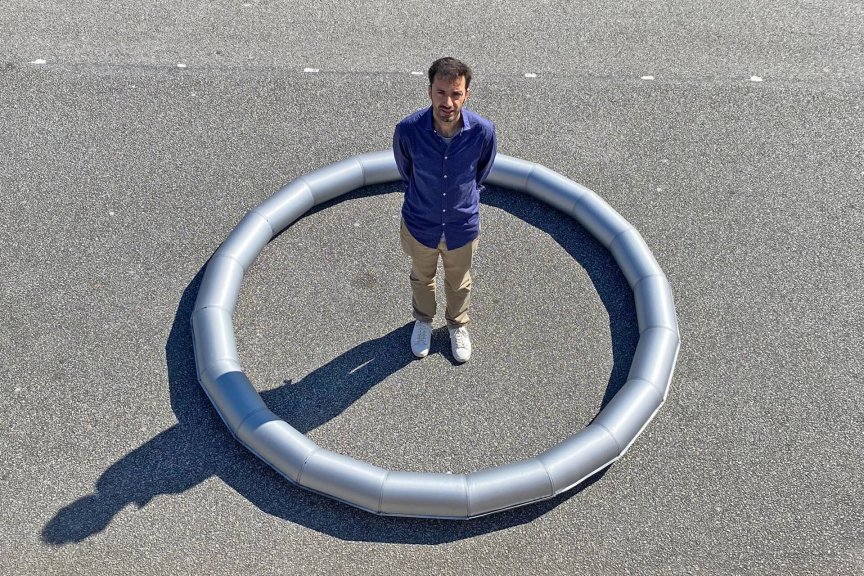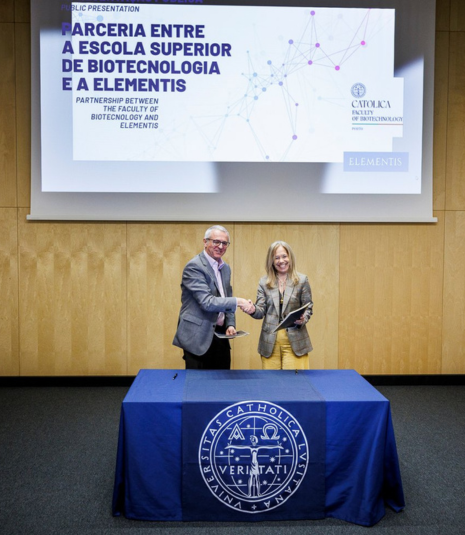Startup Eptune Engineering develops technology to clean up space debris
The number of satellites launched into space has increased exponentially, with 8,000 active and non-active satellites, 25% of which were launched last year alone.

The Portuguese Eptune Engineering, a startup incubated at UPTEC - Science and Technology Park of the University of Porto -, has developed a technology for cleaning space debris, which will allow satellites to be collected after the end of their mission in Earth orbit.
It is an inflatable solution that uses a device similar to a space parachute, which differs by becoming rigid after inflation and reducing fuel use during the re-entry manoeuvre into orbit. By using the thin atmosphere as a source of friction, the inflatable can remove end-of-life satellites between five and ten times faster.
The project is currently focusing on developing the technological basis of the product, namely the inflatable structure that supports the aerodynamic loads, the heat shield that protects the device from the high temperatures it will be subjected to during manoeuvres, the manufacturing processes and the testing of materials and components.
Complementary orbital analysis activities were also required, which were carried out in conjunction with the Instituto Superior Técnico, as well as testing various prototypes and components, an action carried out by the Centre for Engineering and Product Development (CEiiA), which took on the challenge of validating material properties and manufacturing processes.
In addition, the founder and CEO of Eptune Engineering, João Pedro Loureiro, also believes that the new solution will have the potential for possible use in the "entry into orbit of planets like Mars without consuming any fuel".
Mission: cleaner space
The Portuguese startup's solution aims to respond to the exponential growth of satellites launched, also contributing to the US missive that imposes a limit on the removal of satellites up to five years after the end of their mission.
Soon, the European Space Agency (ESA) is also expected to take on the same mission, so Eptune Engineering is already positioning itself for the future, aiming for the new solution to be implemented in all satellites launched. "We want this technology to be integrated into new satellites, but in the medium term our solution can be transported into space and then coupled with the end-of-life satellites that we want to bring back to Earth," explains the CEO.
It should be noted that the number of satellites launched into Earth orbit has increased exponentially in recent years, with eight thousand already between active and non-active, 25% of which were launched in 2022 alone.
The project that aims to contribute to a cleaner space was co-financed in 212 thousand euros by the Northern Regional Operational Programme (NORTE 2020), through Portugal 2020 and the European Regional Development Fund (ERDF).




